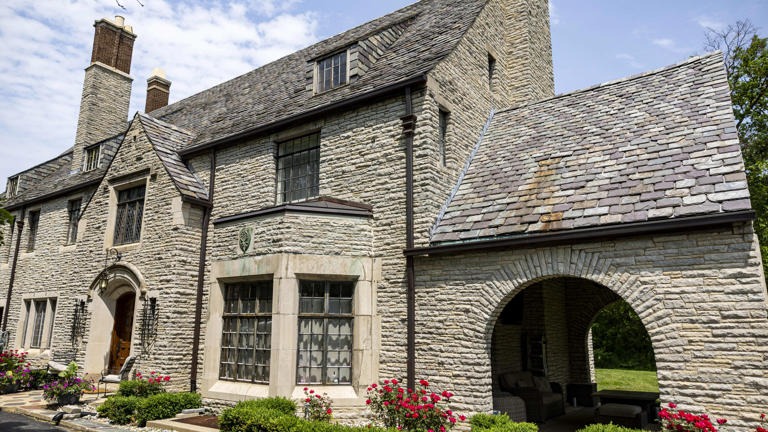
Understanding the Starter Home Crisis in Ottawa County
The issue of affordable housing has reached critical levels in Ottawa County, as a recent study reveals a significant deficit in starter homes. This research highlights a dramatic dip in entry-level housing, plummeting from 40% of new constructions prior to the 2008 financial crisis to just 10% today. Lead consultant Ryan Kilpatrick emphasized the urgency for over 16,000 new housing units within the next five years to meet growing demand, with a glaring need for more homes targeted at first-time buyers.
This Shortage: A Regional Ripple Effect
The shortage of starter homes isn’t just an isolated problem; it is symptomatic of broader trends affecting the entire Detroit housing market and Michigan real estate landscape. As Ottawa County faces these gaps, the impact reverberates throughout the region. Urban planners and real estate professionals in Metro Detroit are beginning to rethink existing zoning laws and regulations as potential bottlenecks in housing development—further complicated by rising land prices and increasing demand for urban living.
Housing Demand vs. Supply: A Growing Disconnect
While demand for affordable housing is clearly on the rise, new construction has predominantly catered to the higher end of the market. As the general populace grapples with rising costs, many potential homeowners are pushed out of the property market altogether. It poses a profound question: how long can cities like Grand Rapids and communities in Ottawa County sustain this growth without addressing the fundamental mismatch of housing supply and demand?
Potential Solutions for Ottawa County's Housing Needs
What can be done to address this crisis? Solutions might include streamlining the approval process for new developments, adjusting zoning regulations to facilitate greater density in urban areas, and incentivizing builders to focus on affordable housing models. Additionally, local governments can work together with Michigan real estate agents and developers to create innovative financial structures and partnerships that support the construction of entry-level homes.
Future Trends: The Path Ahead for Michigan Homebuyers
As we look towards the future, several trends are worth considering. With the advent of sustainable development practices, there is potential for constructing smart homes that are not only affordable but environmentally friendly. These new building practices can additionally play a crucial role in attracting younger buyers, a demographic that is increasingly interested in both affordability and sustainability.
A Call To Action: Advocating for Change
The information presented not only alerts us to the existing housing shortage but also serves as a rallying cry for home seekers, community leaders, and real estate professionals. To ensure that everyone has access to affordable housing, it's essential to engage actively in the discourse surrounding local development strategies and advocate for policies aimed at remedying the starter home crisis.
Conclusion: Together Towards a Sustainable Future
The path forward for Ottawa County and the broader Metro Detroit area requires a collective commitment to redefining our housing strategies. By acknowledging the deficiencies within our housing market, we can begin to forge a collaborative approach that empowers first-time buyers, supports sustainable practices, and ultimately enriches our communities.
 Add Row
Add Row  Add
Add 


